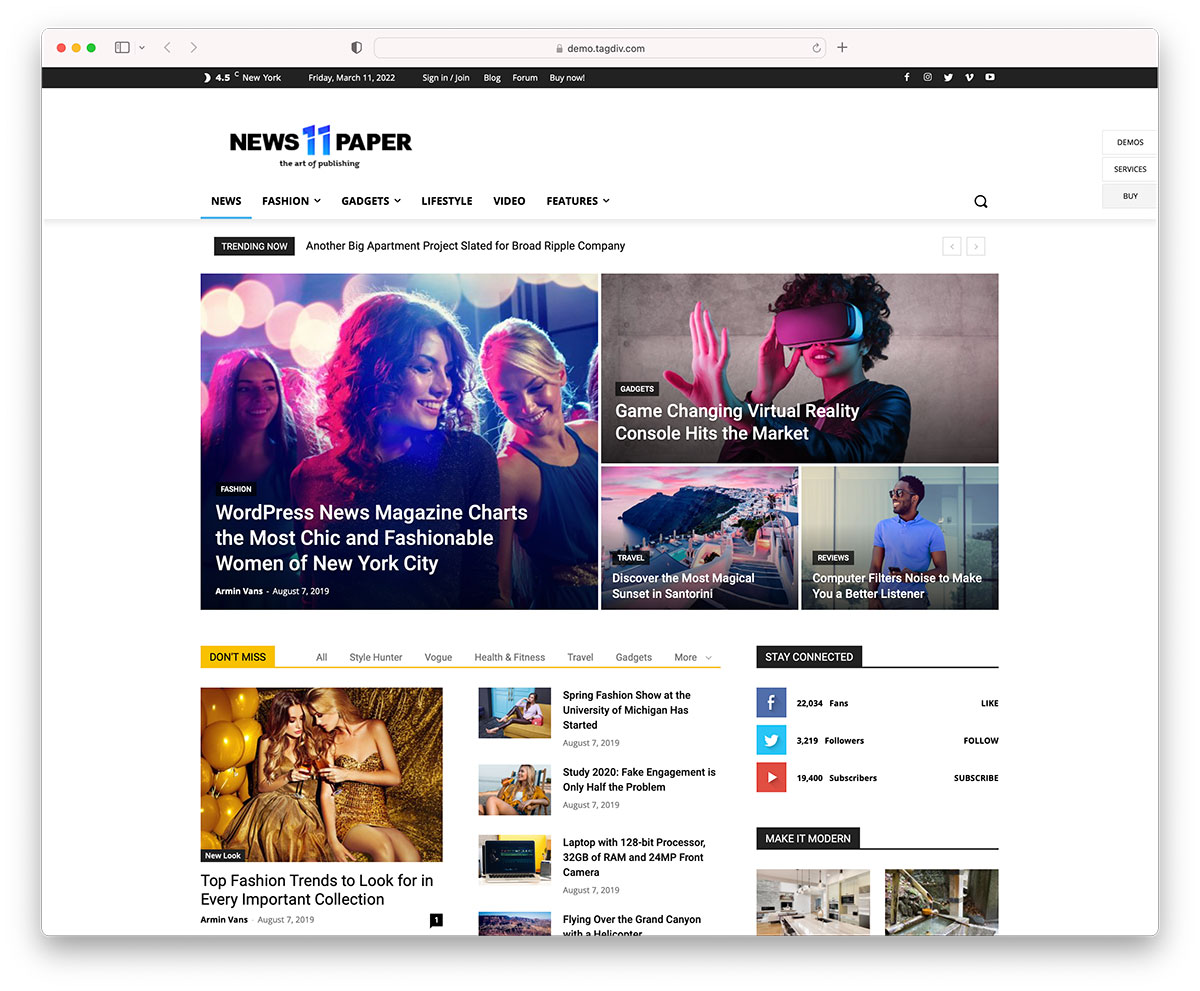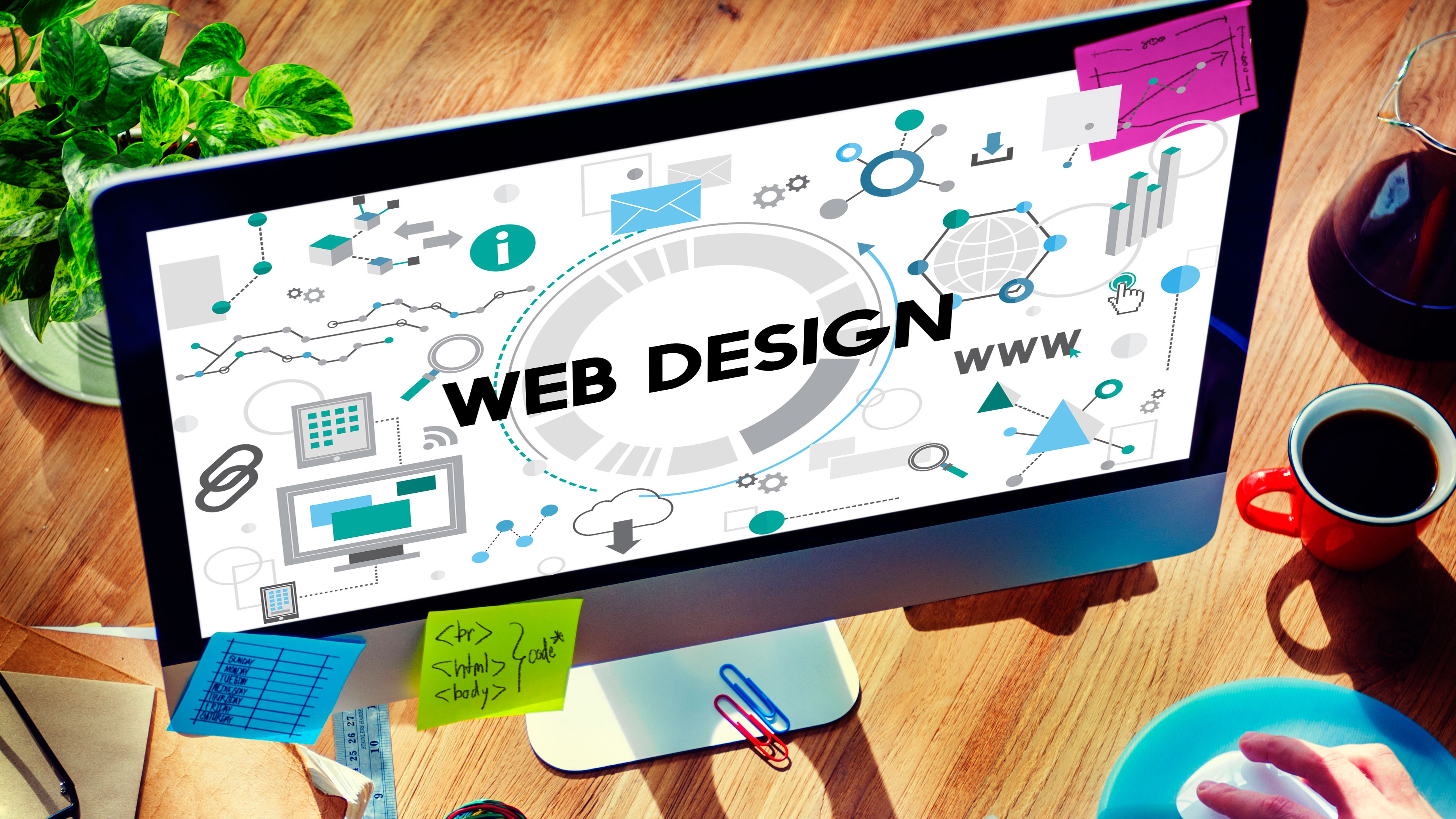Proven Methods for Successful Web Layout
In the ever-evolving globe of website design, it is essential to remain ahead of the contour and use tested techniques that ensure success. This guide intends to offer professionals in the area with very useful understandings and techniques to accomplish reliable internet design. By embracing a user-centered strategy, designers can produce user interfaces that deal with the requirements and choices of their target audience. Receptive and mobile-friendly layouts ensure smooth individual experiences across numerous gadgets. Reliable navigation and website structure contribute to easy exploration and accessibility. Regular branding and aesthetic identity establish a recognizable and solid online existence. Maximizing page speed and performance boosts customer fulfillment and motivates higher engagement. In this overview, we will discover these tested strategies carefully, providing valuable ideas and methods to raise your internet design skills.
User-Centered Design
User-centered style is a crucial method that prioritizes the requirements and preferences of the target market in order to develop an effective website design. By placing the individual at the facility of the layout process, this method guarantees that the end product fulfills their expectations and supplies a favorable customer experience.

As soon as the research is complete, the following step is to create customer identities. These characters stand for the different sorts of customers that will certainly interact with the internet site - Houston Wordpress Designer. By determining their goals, motivations, and pain points, developers can craft a layout that addresses their specific demands
The user-centered layout procedure additionally involves performing use screening. This enables designers to gather feedback from real users and make needed modifications to boost the site's use. By constantly repeating and improving the style based upon customer responses, developers can make sure that the last product meets the needs and choices of the target audience.
Receptive and Mobile-Friendly Layouts

Mobile-friendly layouts go beyond simply receptive design. They focus on developing an individual experience that is specifically tailored to mobile gadgets. This consists of enhancing the website's packing speed, streamlining navigating, and making interactive aspects quickly clickable with touchscreens. Mobile-friendly layouts additionally think about the restrictions of smart phones, such as smaller displays and slower internet links, to supply a smooth browsing experience.
Integrating mobile-friendly and responsive designs not only boosts functionality yet additionally has a considerable effect on search engine optimization (SEARCH ENGINE OPTIMIZATION) Google, for example, prioritizes mobile-friendly web sites in its search results, making it vital for websites to have a mobile-friendly design to boost their exposure and reach.
Reliable Navigating and Site Structure
A well-designed navigation system permits customers to easily discover the details they are looking for, resulting in a favorable user experience. When creating the navigation for a web site, it is important to take into consideration the target audience and their browsing practices.
One reliable approach for navigation is to make use of a leading or side food selection that exists on every web page of the website. This permits individuals to easily access various sections of the site without needing to go back to the homepage. Another strategy is to consist of a search bar that enables customers to quickly look for details material.
In addition to navigation, the overall website structure plays an essential role in the success of a site. A well-organized framework aids individuals read more comprehend the pecking order of details and how different web pages relate to each various other. It is very important to develop a sensible flow from one page to one more, guaranteeing that customers can easily browse between various sections of the website.
Consistent Branding and Aesthetic Identity
A consistent branding and visual identity are necessary elements in successful website design. When individuals see a web site, they need to right away identify and associate it with a particular brand name. This acknowledgment constructs trust fund and credibility, enhancing the probability of individuals involving with the site and its web content.
Uniformity in branding includes components such as logos, shades, typography, and imagery. These elements need to be made use of regularly throughout the website to produce an unified and click here for info natural experience. Utilizing the same logo and color plan on every page assists individuals quickly navigate the internet site and recognize.
Aesthetic identification surpasses branding and includes the general look of the internet site. It includes the design, use whitespace, font options, and imagery design. An aesthetically appealing site that aligns with the brand name's character and target market produces a favorable impact and keeps individuals engaged.
Keeping a constant branding and aesthetic identity likewise helps in creating a remarkable individual experience. When individuals experience regular and acquainted aspects across various platforms and touchpoints, it reinforces the brand name's message and worths.
Optimized Web Page Speed and Performance
Optimized web page speed and performance are important aspects in attaining successful website design. In today's hectic digital world, users have little persistence for slow-loading websites. Research studies have actually revealed that also a one-second delay in page load time can result in a significant drop in user interaction and conversions. Therefore, it is critical for web designers to prioritize optimizing page speed and performance.
One effective method for enhancing page speed is maximizing photos. Photos commonly account for a significant portion of a page's file size, leading to slower filling times. By pressing and resizing pictures without sacrificing quality, developers can dramatically decrease page tons times.
One more vital element of enhancing page rate is reducing HTTP requests. Every component on a web page, including stylesheets, images, and scripts, needs an HTTP request. By lowering the number of demands, designers can improve the filling process and enhance performance.

Verdict
Finally, implementing user-centered layout, responsive formats, efficient navigating, constant branding, and enhanced page rate are tested approaches for successful internet design. By focusing on the requirements continue reading this and choices of individuals, making certain compatibility with smart phones, arranging content successfully, keeping a constant visual identification, and optimizing performance, internet sites can offer a favorable individual experience and achieve their goals. These techniques add to the general use and performance of a web site, inevitably resulting in increased user engagement and fulfillment.
By constantly repeating and fine-tuning the style based on customer responses, designers can ensure that the final item satisfies the requirements and choices of the target audience.
A properly designed navigation system enables users to conveniently discover the information they are looking for, resulting in a favorable user experience. It is crucial to create a rational flow from one page to one more, making sure that customers can conveniently navigate between various sections of the website.
Utilizing the very same logo design and shade system on every web page aids individuals conveniently recognize and browse the site.
By focusing on the demands and choices of customers, guaranteeing compatibility with mobile gadgets, organizing material properly, maintaining a constant aesthetic identification, and enhancing performance, websites can supply a favorable customer experience and attain their objectives. - Houston Web Developer